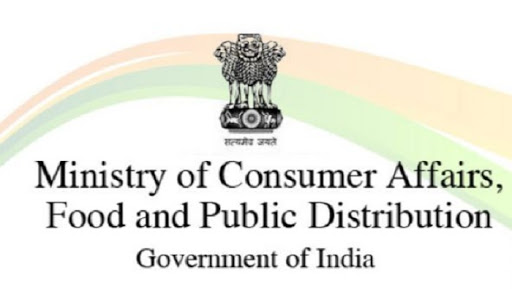Protection against unfair contracts

The Indian Contract Act, 1872 determines obligations of the parties to perform or offer to perform respective promises unless such performance is dispensed with or excused under the provisions of the Act, or of any other law.
As informed by the Law Commission of India, in order to protect the consumers, the Law Commission in its Report No.199 titled ‘Unfair (Procedural and Substantive) Terms in Contracts’ recommended that the provisions of the Indian Contract Act, 1872 and of the Specific Relief Act, 1963 need not be disturbed.
The Consumer Protection Act, 2019 has come into force w.e.f. 20th July, 2020 and has replaced the Consumer Protection Act, 1986. As provided in the new Act unfair contract means a contract between a manufacturer or trader or service provider on one hand and a consumer on the other, having such terms which cause significant change in the rights of such consumer, including the following, namely:—
(i) requiring manifestly excessive security deposits to be given by a consumer for the performance of contractual obligations; or
(ii) imposing any penalty on the consumer, for the breach of contract thereof which is wholly
disproportionate to the loss occurred due to such breach to the other party to the contract; or
(iii) refusing to accept early repayment of debts on payment of applicable penalty; or
(iv) entitling a party to the contract to terminate such contract unilaterally, without reasonable cause; or
(v) permitting or has the effect of permitting one party to assign the contract to the detriment of the other party who is a consumer, without his consent; or
(vi) imposing on the consumer any unreasonable charge, obligation or condition which puts such consumer to disadvantage;
This information was given in a written reply by the Union Minister of State for Consumer Affairs Food and Public Distribution, Shri DanveRaosahebDadarao in Lok Sabha today.



